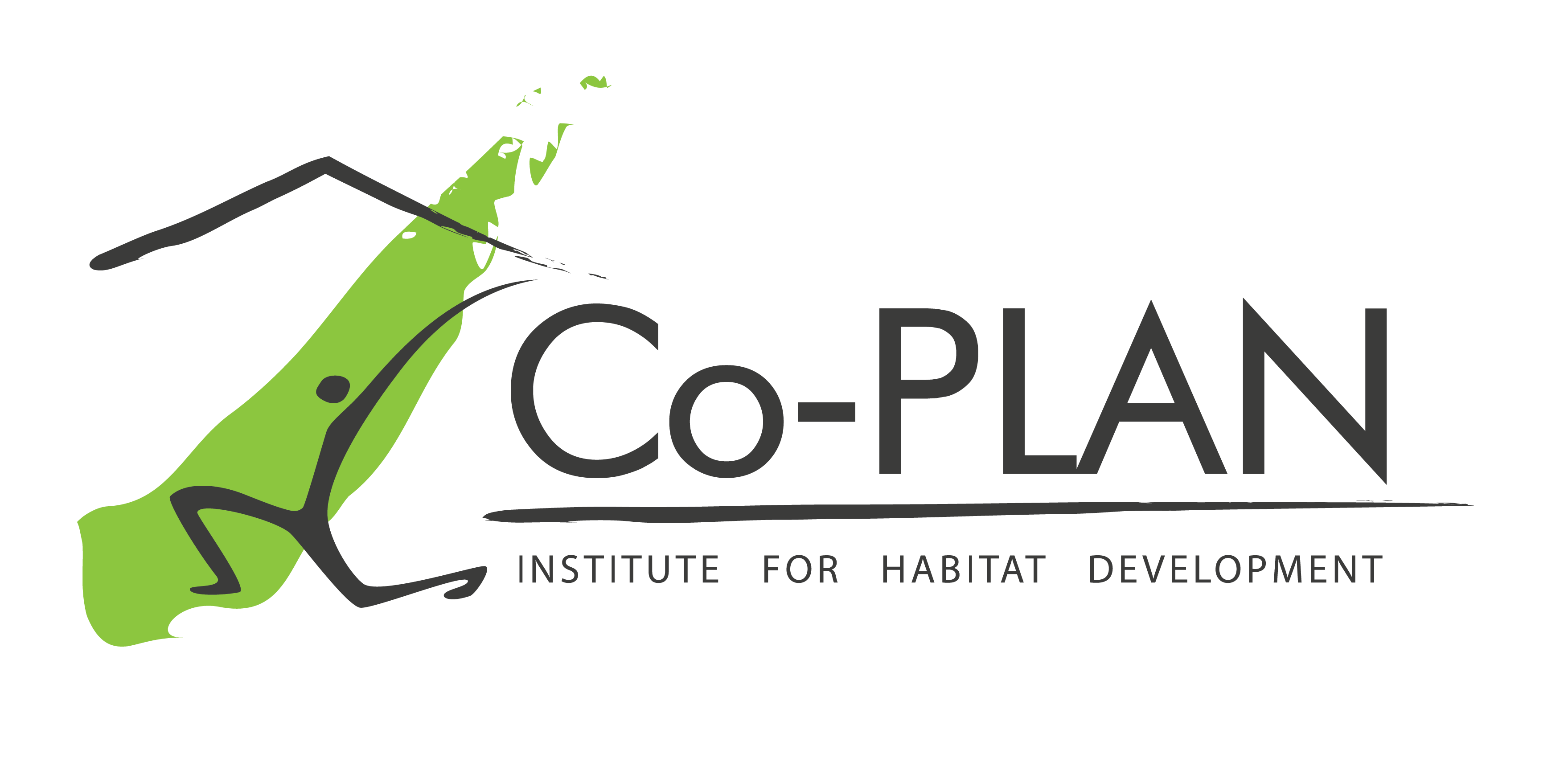Co-PLAN History
In the early 90s, some young Albanian experts, with the help of the Dutch specialized organizations, successfully piloted the first experiences of realistic urban planning in Albania in some areas in need in Tirana. This phase also marked the birth of the Institute for Habitat Development, Co-PLAN. Despite the resistance and the pressure of time, Co-PLAN replied these models successfully and in subsequent years, the level and wider including ‘city’. The result sparked recognition among international bodies and political debate in the country. The success stories of activity Co-PLAN served as evidence and basis for building strong partnerships with local and central government; crucial moment in the activity of Co-PLAN is marked by EGUG [Enabling Good Urban Governance], Enabling Good Urban Governance, funded by the Dutch Government, which served as a reference point for other programs to donors, such as UNDP and World Bank. Growth and development of Co-PLAN has qënc a response to three stages of development and urban governance in Albania, as an attempt to respond and to overcome its problems.
[90s – City built by people] A phase during which the Albanian society were found big question marks about its identity and socio-political changes that are experiencing. Large movements of uncontrolled demographic, clearly reflected the need for urban planning approach to addressing the problems of rapid urbanization. With the motto “The city built by people ‘Co-PLAN successfully built models and pilot schemes in the informal suburban areas.
[Years 2000-2005 – development engines Cities] spatial crisis deepens due to uncontrolled growth of residential centers and uncontrolled distribution. Control instruments and planning time were insufficient to how the concept of ‘city’ changed with the chaotic dynamics, largely unplanned. At the core of this issue, Co-PLAN planning its expertise developed type of strategic adjustment at the city / municipality. Program highlights EGUG [Enabling urban good governance], which marks an important step in Albanian urban planning; beyond the traditional models applied.
[Years 2005 – Towards Impact Policymaking] This period marks the entry of Albania into a consolidation phase; development and Euro-Atlantic integration. Consequently, a marked reduction programs supported by international organizations. Albanian society contradictory noticed the first signs of European aspirations, that grew beyond what we allow reality. This period of reflection for Co-PLAN highlighted the need of qualified human resources with expertise in planning and architecture, and the need to influence policy. 2006 marked the founding of the University Polis.
[ Challenges! ] There were no prejudices, debates, and pressures. In this atmosphere, Co-PLAN has chosen to position itself in the public interest and support of the community. Now we aim to promote a new system of national spatial planning and governance, in line with what the EU countries are building up for decades. The proposal of the Political Platform, Co-PLAN aims to provoke debate; some ideas have already been adopted in the official legal initiatives; Other ideas are jumping on the tables of the political debate.
